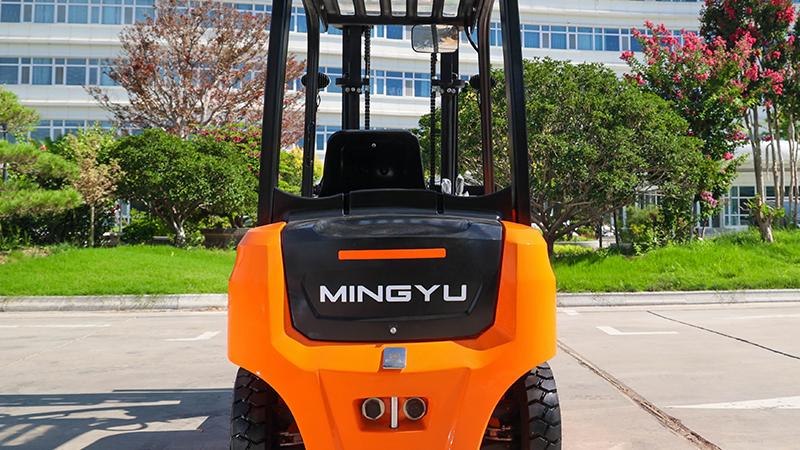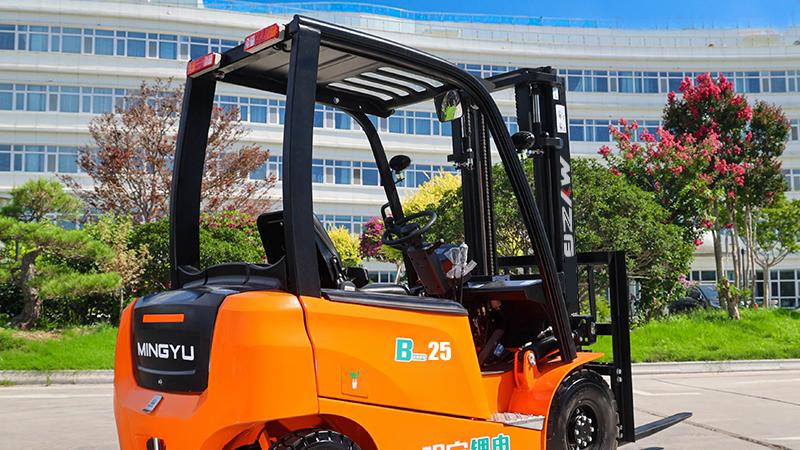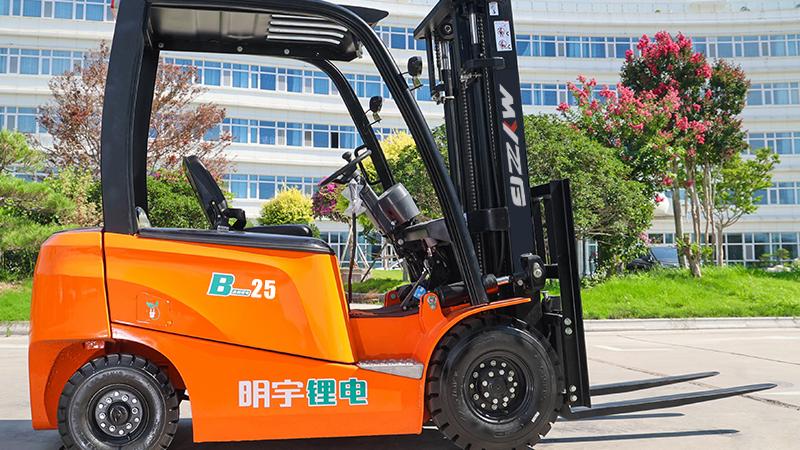Essential Training Requirements for Operating Articulated Rough-Terrain Forklifts Operating articulated rough-terrain forklifts requires specialized training due to the unique challenges posed by uneven surfaces, heavy loads, and complex maneuverability. The Occupational Safety and Health Administration (OSHA) mandates that all operators must complete formal training and evaluation under Standard 1910.178, which covers safety procedures, equipment handling, and hazard recognition. MYZG, a leader in rough-terrain forklift manufacturing, offers comprehensive training programs tailored to these machines, combining classroom instruction with hands-on practice. The training curriculum includes load capacity calculations, stability principles on slopes, and proper use of attachments like grapples or forks. Operators must also learn how to navigate obstacles such as mud, gravel, and steep inclines, which are common in construction, agriculture, and forestry environments.
Advanced Skills and Safety Protocols for Rough-Terrain Forklift Operators Beyond basic operation, rough-terrain forklift operators must master advanced skills to handle dynamic work environments safely. MYZG’s Level 2 Advanced Training covers load stabilization techniques, such as using counterweights or adjusting lift angles to prevent rollovers. Operators also learn emergency procedures, including how to respond to hydraulic failures or sudden shifts in load balance. A key focus is slope operation, where operators practice maintaining control on inclines up to 15 degrees—a common threshold for rough-terrain forklifts. MYZG’s training includes field exercises where operators must navigate obstacle courses with varying elevations and surface types, simulating real job site challenges. Another critical aspect is attachment proficiency. Rough-terrain forklifts often use specialized attachments like log clamps, pallet forks, or snowplows, each requiring unique handling techniques. MYZG’s training provides attachment-specific modules, ensuring operators understand weight distribution changes and hydraulic adjustments. For example, using a rotator attachment to position construction materials on uneven ground demands precision to avoid destabilizing the forklift. Operators are also trained in environmental awareness, such as identifying soft ground that could cause the forklift to sink or avoiding overhead hazards in wooded areas.
MYZG’s Certification Process and Ongoing Compliance MYZG’s certification process for rough-terrain forklift operators is a blend of theoretical knowledge and practical evaluation. The Phase 1 Classroom Session covers OSHA regulations, MYZG equipment specifications, and accident case studies. Trainees then proceed to Phase 2: Simulator Training, where they practice maneuvers in virtual environments that replicate rain, snow, and uneven terrain. The final Phase 3: Hands-On Assessment requires operators to demonstrate proficiency in tasks like loading/unloading on slopes, stacking materials on unstable ground, and executing emergency stops. MYZG’s evaluators score performance based on safety adherence, efficiency, and equipment care, with a minimum 85% pass rate required for certification. To maintain compliance, OSHA requires refresher training every three years or after incidents like near-misses or equipment modifications. MYZG offers annual skills workshops and online refresher courses to keep operators updated on new technologies, such as the company’s electric rough-terrain forklifts, which require additional training on battery management and charging protocols. Employers must also conduct monthly safety audits and keep records of all training sessions, which MYZG facilitates through its digital certification portal.
Post time:Aug.07.2025



